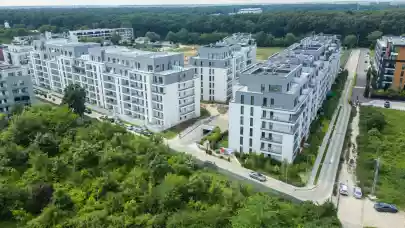
Residential property in the EU is getting more expensive again. Prices rose by 10.5% year-on-year in Q1. In the Czech Republic, the increase was the highest, at 24.7%, according to data published by Eurostat, the Czech News Agency reported.
Year-on-year growth in EU residential property prices in the Q1 was the sharpest since the end of 2006. Estonia posted the fastest growth after the Czech Republic, where prices increased by 21 percent. Hungary followed with a 20.6 percent increase. By contrast, Cyprus recorded the slowest year-on-year growth in residential property prices in the EU, with prices rising by only 1.1 per cent. It was followed by Finland (4.3%) and Italy (4.6%). Eurostat also noted that since 2010, residential property prices in the EU have increased by 45%. The Czech Republic recorded the fourth strongest growth in the EU over this period, with prices rising by 121 per cent domestically. Prices rose faster than in the Czech Republic in Estonia, Hungary and Luxembourg, according to Eurostat data.
House and apartment prices in the Czech Republic have long been driven up by weak supply on the market. The growth is also driven by the behaviour of buyers, for whom investment in real estate is now often an attempt to hedge against a jump in inflation, analysts polled by the Czech News Agency said. The pace of price increases is slowing slightly, which should continue, according to economists.
The main reasons for the rise in prices, according to analysts, are the long-standing lack of supply in the market, high-interest rates and one of the slowest construction processes in the world. Another factor, according to analysts, is the continuing relatively strong demand, which is amplified by people's desire to hedge against inflation by buying something that will be scarce in the future. House price growth is also still outpacing inflation itself, as Bank Creditas chief economist Petr Dufek points out. In the future, however, analysts believe that the rapid price growth should slow down or even stop. Current housing construction could contribute to this. However, it depends on the big players on the market who buy larger housing portfolios. However, according to some analysts, part of the market is already ripe for a price correction, especially for secondhand flats.



